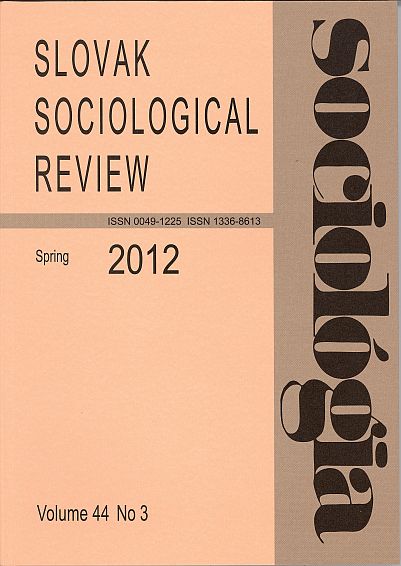Quality of Governance in “Old” and “New” EU Member States in a Comparative Perspective
Quality of Governance in “Old” and “New” EU Member States in a Comparative Perspective
Author(s): Urban Vehovar, Matevž TomšičSubject(s): Social Sciences
Published by: SAV - Slovenská akadémia vied - Sociologický ústav
Keywords: governance; democracy; development; European Union
Summary/Abstract: Quality of Governance in “Old” and “New” EU Member States in a Comparative Perspective. A question arises whether the quality of governance of the “old” EU member states is greater than that of the “new” ones. Intuitively speaking, “old” member states should fare much better. In the article, a measure of the quality of governance is presented, based on the World Bank’s Worldwide Governance Indicators (WGI) for 1996, 2003 and 2010. According to the authors, the quality of governance consists of three components: system persistence, inclusiveness and effectiveness. Findings indicate that most of the “old” EU member states perform much better with respect to the quality of governance compared to their “new” counterparts. Further, the relationship between the quality of governance and some aspects of socio-economic development is examined. In this regard, a strong correlation between most of the elements under consideration is detected. In conclusion, the authors assume that if the EU chooses not to elicit a higher quality of governance of its member states, it is destined to become a melee of states characterised by enormously different levels of democratic potential. As a consequence, inevitably, a question will arise as to the sustainability and sense of purpose of its very existence. Sociológia 2012, Vol. 44 (No. 3: 367-384)
Journal: Sociológia - Slovak Sociological Review
- Issue Year: 44/2012
- Issue No: 3
- Page Range: 367-384
- Page Count: 18
- Language: English

